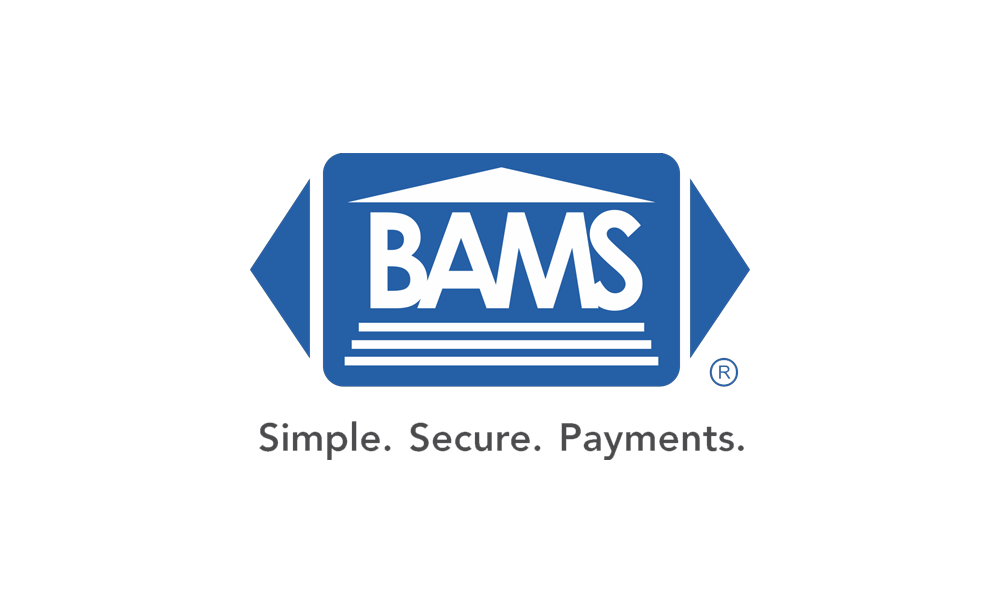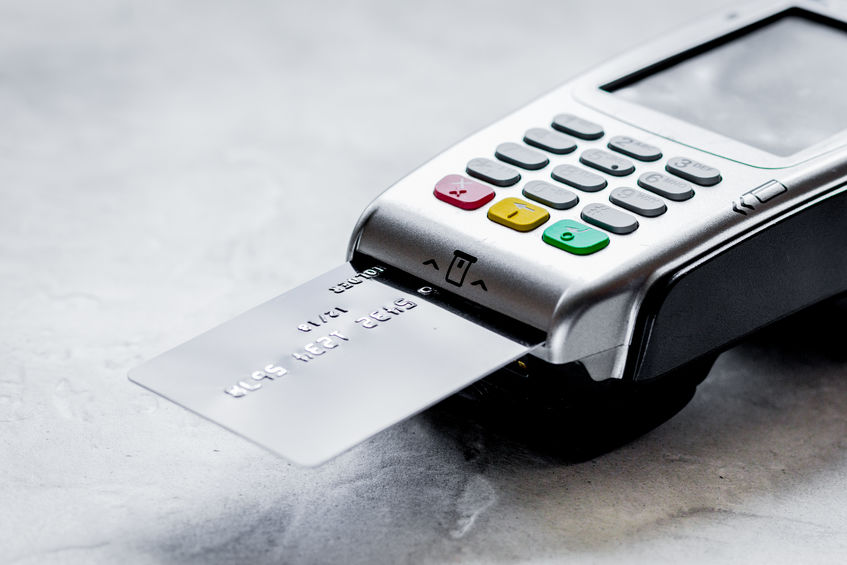What Is Risk Scoring and How Can It Help You?
Minimizing risk is a task of great importance to everyone involved in online commerce and electronic payments, from the merchants right through to the credit card issuers. High fraud rates and chargeback rates can have a significant impact on merchants, even resulting in enrollment in chargeback and fraud monitoring programs that can carry hefty fees. Risk scoring is a tool to help merchants avoid those negative consequences by catching and stopping fraud as it happens, and more and more merchants are enlisting them in the never-ending fight against credit card fraud.
What is Risk Scoring?
Risk scoring is a fraud prevention tool that uses advanced statistical models to compare each card-not-present transaction made through your website against a set of predefined rules and a database of millions, or even potentially billions of past transactions. Each transaction run through a risk scoring tool comes back with a score indicating the likelihood of that transaction being fraudulent. Merchants can then utilize those scores to decline suspicious transactions or to reinforce in-house fraud prevention algorithms. The result is far fewer fraud-based chargebacks and a lower risk rating for your business with your payment processors and the card issuing companies.
What Factors Does Risk Scoring Consider?
In order to generate the most accurate score possible, risk scoring tools check each transaction against a number of different criteria, including the buyer’s IP address, their tagged geolocation (if available), address verification, email address, proxy use, and more.
IP Addresses: IP addresses are numerical labels used to help identify computers connected to the internet. Risk scoring tools will compare the IP address that every transaction originates from against a database of IP addresses used for known fraudulent transactions.
Geolocation: IP addresses also provide geolocation information which can be used to help identify fraud. For instance, if a transaction is made from an IP address with a geolocation tag indicating a country different from the cardholder’s country of residence, that will send up a red flag that, combined with other information, could indicate fraud.
Proxy Detection: One-way fraudsters get around geolocation and IP address identification is by using proxies. Proxies are essentially configurable IP addresses that the user can connect through anonymously to mask their location. For instance, a user in Europe could use a proxy to connect through an American IP address, making it seem like they’re in the same location as a cardholder’s legitimate address. Good risk scoring tools utilize proxy detection and negatively score transactions made from behind proxies.
Address Verification: Every online transaction paid for by credit card requires the entry of a billing address. Address verification services (AVS) check the address entered into the payment gateway against the actual cardholder address registered with the card issuer. Even a slight mismatch will trigger an AVS failure, which will either reject the transaction outright depending on the payment solution being used or flag the transaction in the risk scoring tool.
Email Addresses: Sometimes anonymity is desirable, but when it comes to online transactions, it’s generally a sign that something might be off. Risk scoring tools compare the email addresses entered for transactions against a known database of anonymous email addresses and adjust the scoring for the transaction accordingly.
BAMS merchants have access to risk protection, along with a full suite of fraud and chargeback defense tools. Among the most valuable for catching fraudulent transactions and stopping them dead in their tracks is BAMS’ partnership with Signifyd. Signifyd uses advanced transaction monitoring, risk scoring, and AI-driven decision making to instantly detect and decline high-fraud-risk transactions. That saves you an enormous amount of money, both by keeping your store out of the card issuers’ fraud and chargeback monitoring programs and by eliminating the lost inventory and revenues associated with fraudulent chargebacks. Best of all, transactions that Signifyd flag as approved are fully guaranteed by the company, eliminating your liability should fraud emerge.
For more information on how you can leverage the power of BAMS’ built-in Signifyd integration, request your five step price comparison today.




